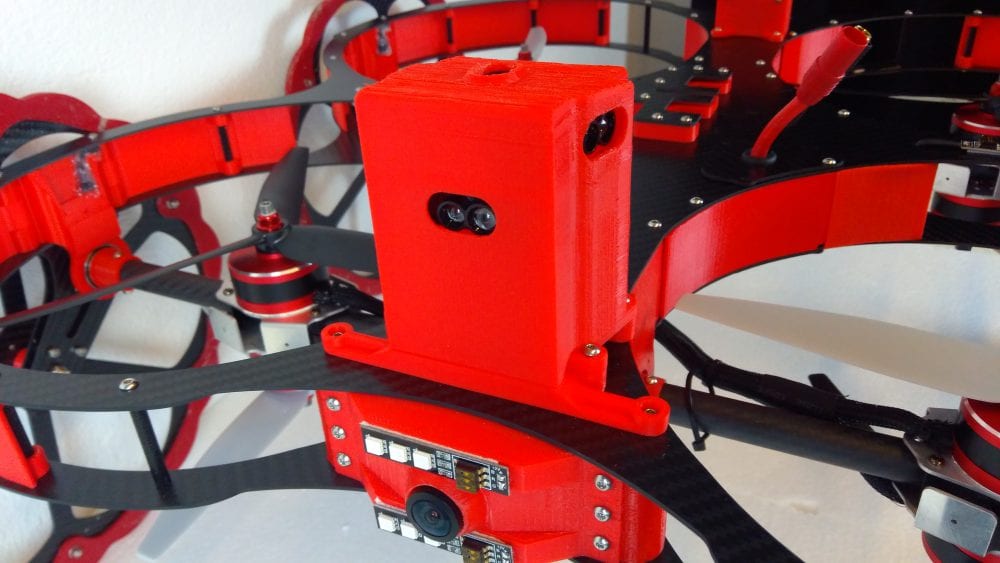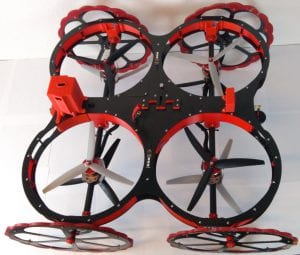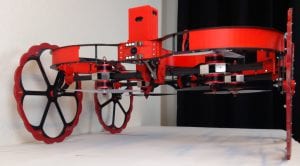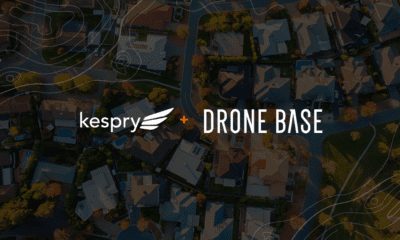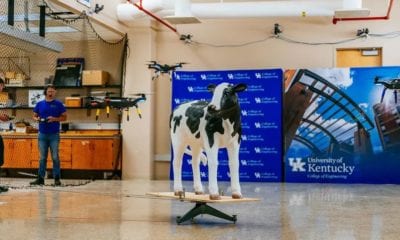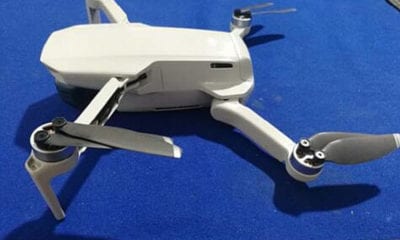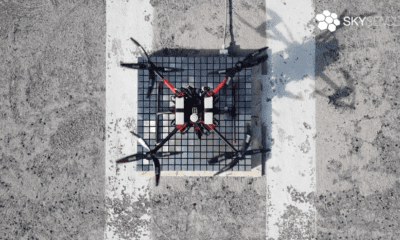News
Innovative Drone Entrepreneur Declines Pay Then Asked to Leave Sweden
Budding drone developers and entrepreneurs in Sweden are being adversely affected due to tough Immigration laws and related work permit issues. If reports from ‘THE LOCAL’ published in Sweden are to be believed, a Stockholm-based drone entrepreneur has been ordered to leave Sweden within a month after the Migration Agency confirmed its decision to deny him a work visa extension because he went several months without a salary.
Ahmed Alnomany who was born and grew up in Dubai, arrived in Sweden in 2015 and has since set up the exciting mining drone company Inkonova, based at the THINGS startup hub at KTH Royal Institute of Technology. Both Alnomany and his co-founder Pau Mallol have now become well established in Sweden and their company is growing fast.
Just last month Inkonova raised 3.1 million kronor from Japan’s Terra Drone in return for “a significant stake”. Inkonova had by then completed successful mine scanning using its Batonomous system, the first commercial scanning jobs for its drones for the Swedish mining giant LKAB and for the world’s largest gold miner Barrick Gold both of which contracted it to scan mines.
On Friday however, Alnomany was ordered to leave the country, a decision he hopes to appeal. He finally got the verdict on an earlier appeal he made in 2017 against a decision to deny him an extension to his work visa. “After more than a year of waiting, running the business while being locked in the country because I cannot travel, the decision is: yet another refusal from Migrationsverket for my work permit,” he told reported Richard Orange at The Local. “This time they added more reasons additional to taking too little salary, including that I took too little vacation” he added.
Alnomany said that Sweden needs a better work permit system for foreign entrepreneurs which would allow them to forgo salaries and vacation in the early stages of their companies’ development, just as Swedish entrepreneurs invariably do. “This blindness from the Swedish Migration Agency to this whole process of entrepreneurship is just unjust,” he said.
Sweden’s government which stopped working on a long-awaited new law to prevent talented international workers being denied permits for minor administrative errors this year justified this decision by arguing that a December ruling from the Swedish Migration Court of Appeal now required the Migration Agency to look at the entirety of an individual’s case when making decisions, meaning small administrative errors should not result in deportations.
Alnomany’s case and many others amply demonstrate that skilled workers and entrepreneurs are still being forced to leave Sweden. Alnomany finds it particularly frustrating that the ruling had come at a time when his company was looking increasingly close to becoming profitable. “Right now we are in a partnership with a Japanese company and starting to sell all over the world. I really want to keep it in Swedish borders so that the wider community can benefit,” he said.
- TILT Ranger: The World’s First Solution for Underground Mines and Tunnels
- TILT Ranger: The World’s First Solution for Underground Mines and Tunnels
- TILT Ranger: The World’s First Solution for Underground Mines and Tunnels
- TILT Ranger: The World’s First Solution for Underground Mines and Tunnels
- TILT Ranger: The World’s First Solution for Underground Mines and Tunnels
- TILT Ranger: The World’s First Solution for Underground Mines and Tunnels

